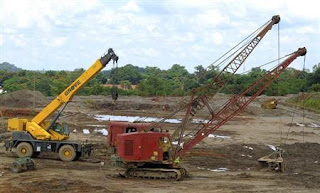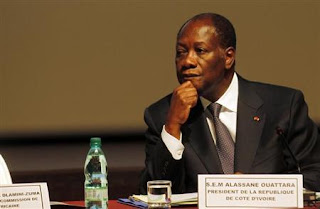 Many more South African troops died during a rebel offensive in the Central African Republic than Pretoria has admitted, local sources have told RFI. The same sources said the soldiers were fighting to protect South African mining and oil contracts.
Many more South African troops died during a rebel offensive in the Central African Republic than Pretoria has admitted, local sources have told RFI. The same sources said the soldiers were fighting to protect South African mining and oil contracts.
Doubts have been raised over the number of South African soldiers killed during a coup d’état in the Central African Republic (CAR) in late March.
Officially, South Africa says that 13 of its soldiers died fighting rebels from the Seleka alliance that toppled deposed CAR president François Bozizé's regime.
But according to the rebels, as many as 36 South Africans were killed, raising questions over why the soldiers were stationed there and why the South African government would want to cover up the number of deaths.
Officially, South Africa says that 13 of its soldiers died fighting rebels from the Seleka alliance that toppled deposed CAR president François Bozizé's regime.
But according to the rebels, as many as 36 South Africans were killed, raising questions over why the soldiers were stationed there and why the South African government would want to cover up the number of deaths.














